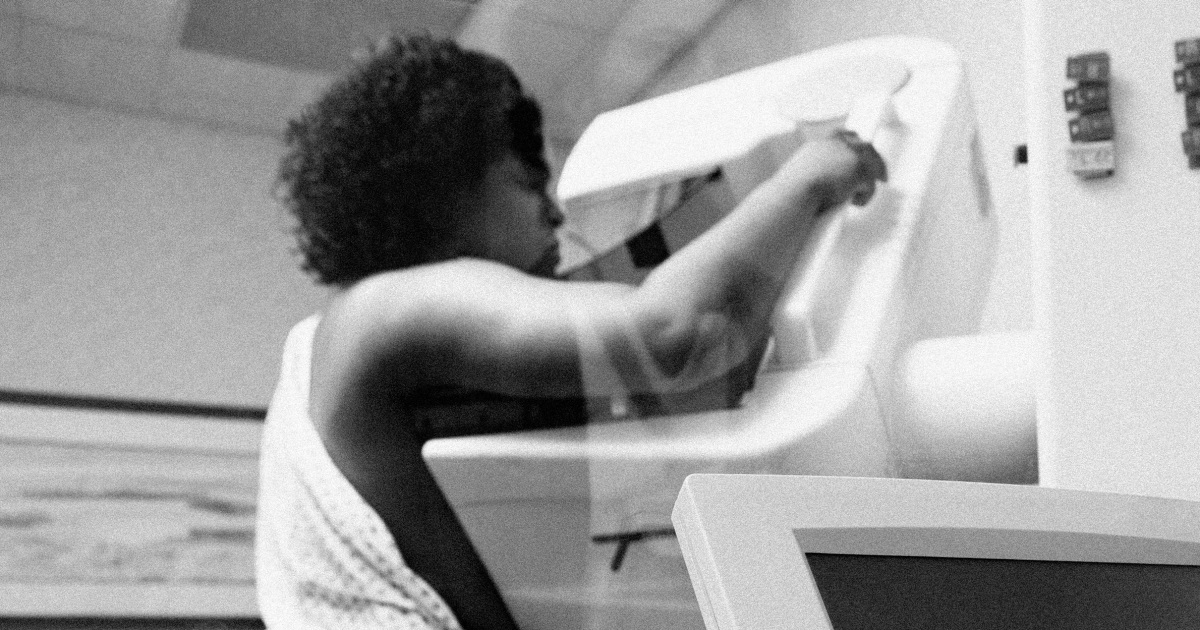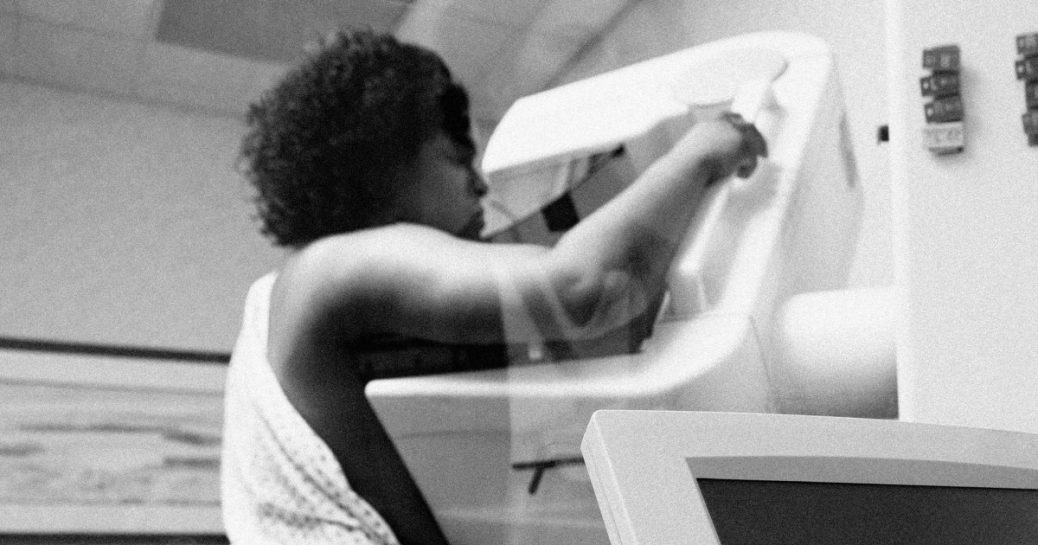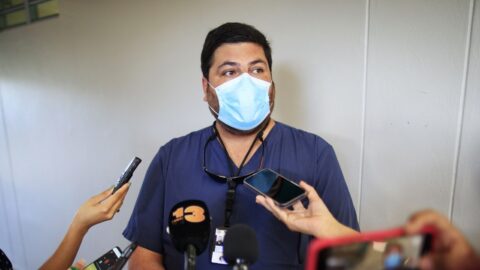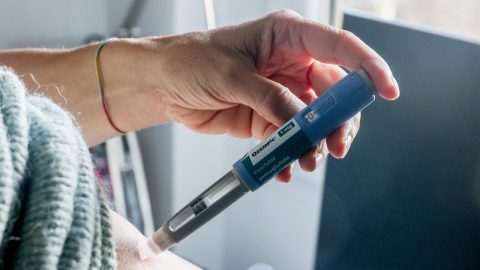
The risk of dying from cancer has steadily declined in the U.S. over the last few decades, but Black women still have some of the lowest survival rates.
Although Black women are less likely to be diagnosed with cancer than white women, they are they more likely to die of it within five years, according to the National Cancer Institute. The disparity is particularly stark for breast cancer, which kills Black women at a 40% higher rate than white women, even though their rate of diagnoses is 4% lower.
Black women are also 60% more likely than white women to die of cervical cancer and nearly twice as likely to die of endometrial cancer.
To find out what’s driving the stark inequities, the American Cancer Society launched a study Tuesday called VOICES of Black Women, which plans to enroll more than 100,000 Black women ages 25 to 55 in the U.S. That would make it the largest study of its kind ever conducted in the country.
The women must be cancer-free upon enrolling in the study, which will follow them for 30 years to see how their medical histories, lifestyle factors and experiences of racism affect their risk of developing or dying from cancer.
“With few exceptions, Black women are more likely to be diagnosed with late-stage cancer, aggressive tumor types and have higher cancer-specific mortality rates than other women. It’s within this context that the American Cancer Society is launching VOICES of Black Women,” Dr. Lauren McCullough, a co-principal investigator and the visiting scientific director at the American Cancer Society, said at a briefing.
Black women have long been underrepresented in health research, in part because of a history of medical exploitation of Black patients. Examples abound: In the 19th century, physician James Marion Sims performed experimental gynecological surgery on Black women without anesthesia. Starting in 1932, the 40-year Tuskegee experiment denied treatment to Black men with syphilis. And in 1951, Henrietta Lacks’ cancer cells were cultured without her consent, then subsequently used in decades of key scientific research.
“We recognize that there has been historic mistrust in the Black community for several reasons,” said a co-principal investigator of the VOICES study, Dr. Alpa Patel, senior vice president of population science for the American Cancer Society.
“It’s been really front and center for us to ensure that we’ve partnered with Black women to understand how to build this study in a way that is respectful,” she said.
The study allows participants to opt out of providing medical records and keeps their names hidden from published research. A review board will also provide ethical oversight.
To be eligible for the study, participants must live in one of 20 states or Washington, D.C., which together account for than 90% of the U.S. population of Black women ages 25 to 55.
Enrollment starts with a brief registration on the study’s website, followed by a survey that asks about medical history, diet, sleep patterns, physical activity, mental health, stress levels and experiences of racism and discrimination.
Once they are enrolled, participants will be asked to fill out two surveys each year. If a woman develops cancer, the study researchers may ask her permission to reach out to her doctor for more information about her diagnosis.
The findings could ultimately help eliminate barriers to preventing, detecting and treating cancer among Black women, Patel said.
“It’s rare that I use the word ‘transformative,’ but I think it’s very appropriate here,” she said.









Recent Comments